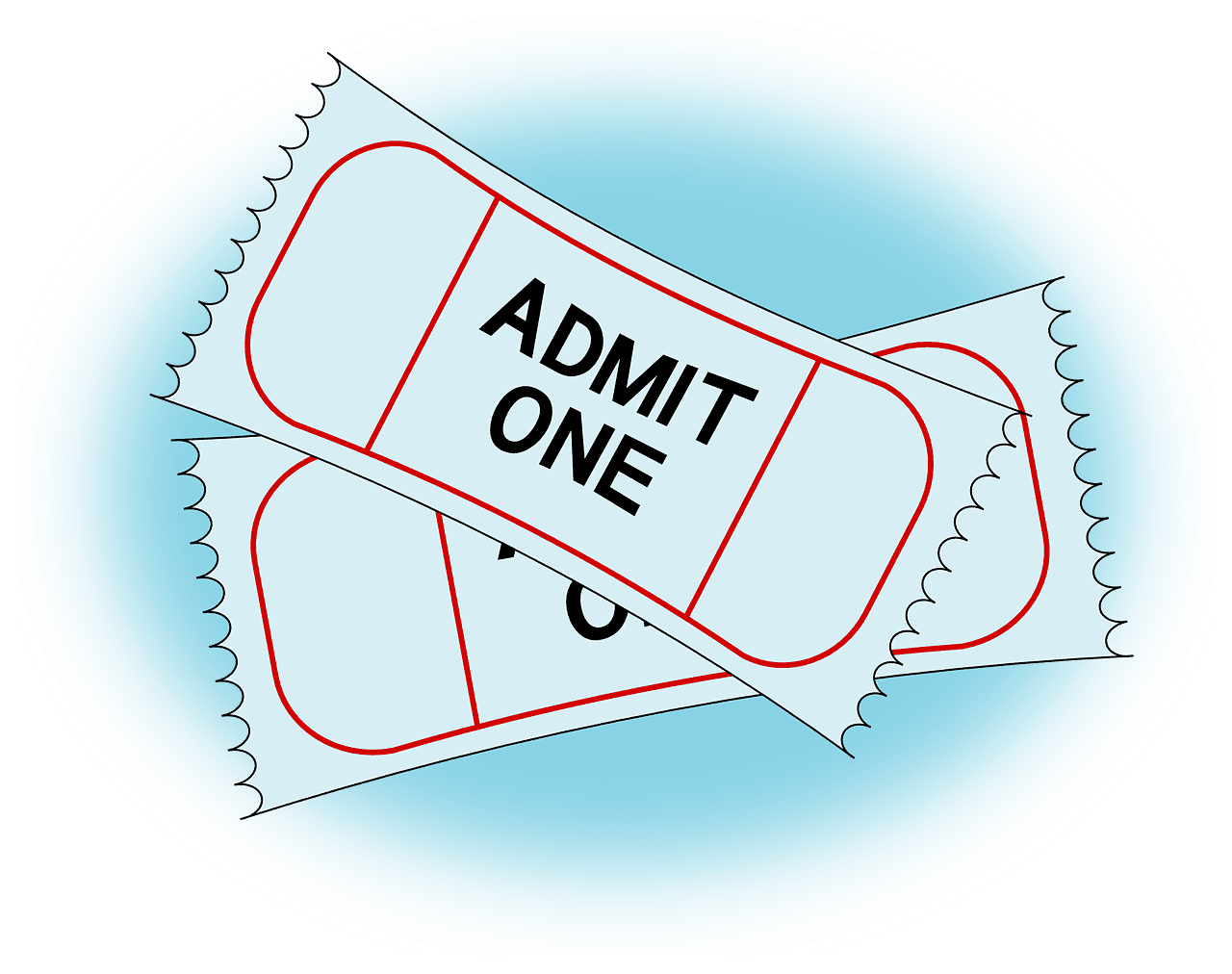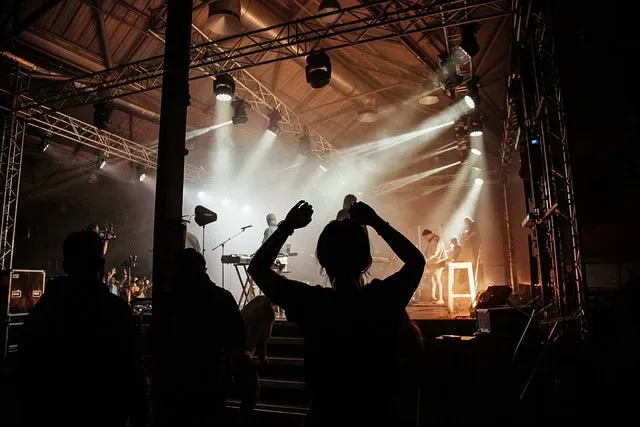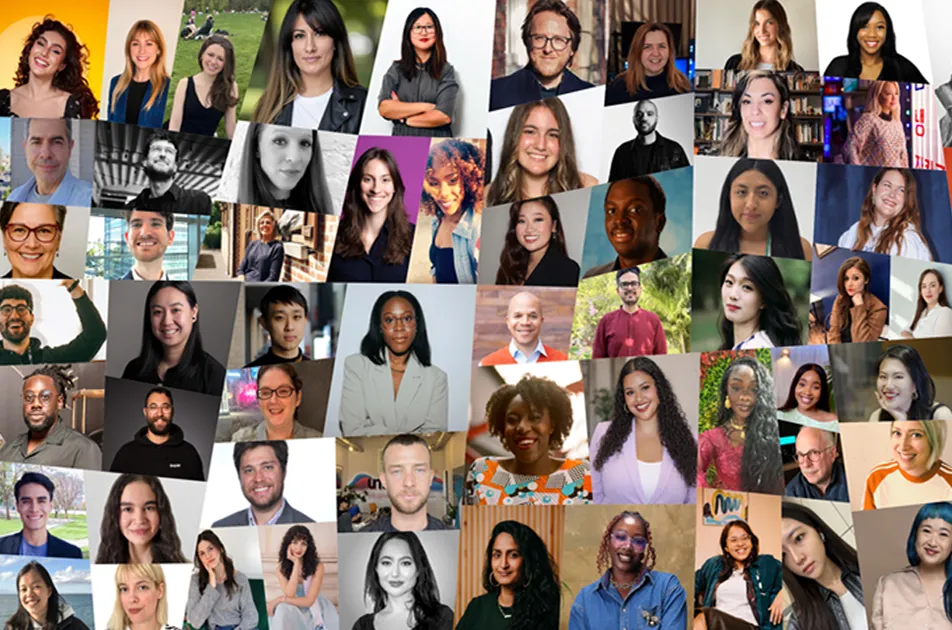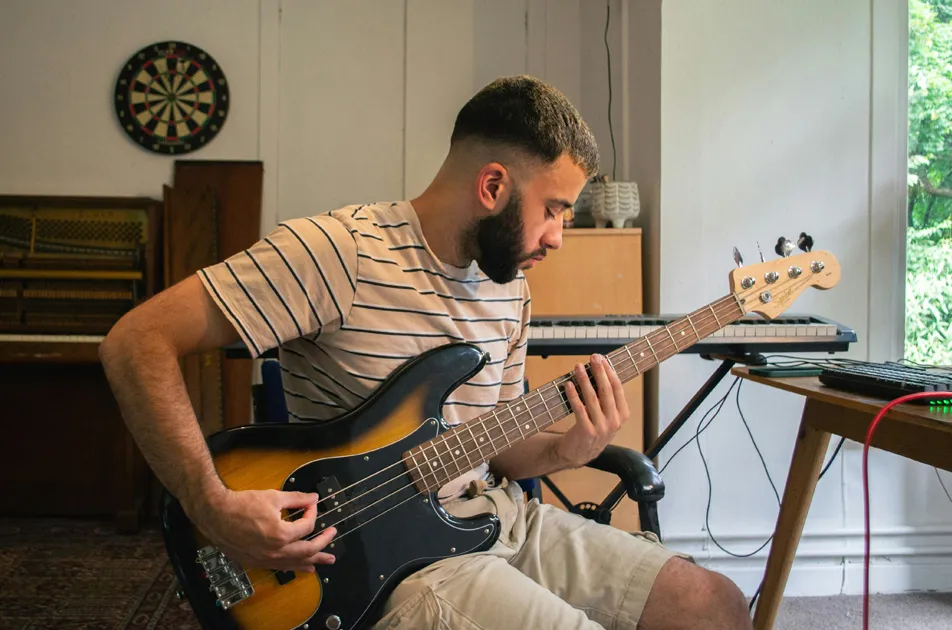Even the best live performances can fall flat if nobody knows they’re happening. Whether you’re a band gearing up for a new release or a venue building your calendar, effective marketing is what turns a good show into a packed house. Learn how bands and music venues can market live shows like the pros.
How Bands and Music Venues Can Market Live Shows Like the Pros
The reality is that competition for attention is fierce—between streaming services, superstar tours and countless entertainment options, you need more than a few social posts to stand out.
The good news?
With the right strategies, you can build buzz, boost ticket sales, and create momentum for your live events. Here’s how successful venues and artists are doing it.
1. Define the Story Before You Announce
Great marketing starts with a clear story.
Before pushing out the event details, take the time to define the experience you want people to have. Is this an intimate acoustic night or a high-energy showcase? What makes it memorable?
Can you turn the show into an event? Is it a record release party, the night you’re shooting a video or maybe the drummer’s birthday? Is there a non-profit that fits your vibe that you can bring in as a partners
A compelling narrative gives your marketing direction and helps potential attendees understand why this show matters.
Pair that story with strong visuals – press-ready photos, clean logos, and a professionally designed digital and physical poster. These assets become the backbone of your promotional campaign, ensuring every post, email, and listing looks cohesive and credible.

2. Take Advantage Of The Full Ticket Sales Cycle
We’ll explore specific strategies below, but think about selling tickets using this sales cycle:
- The Tease: “Hey fans, pay attention…”
- Pre-Sale: Reward superfans with early access
- On Sale: Get your tickets now!
- Murky Middle: Most tickets sell early and late. Don’t waste your time (and money) in the middle.
- Final Push – The last 5-10 days matter…
3. Announce With Intention, Not Impulse
The sweet spot for a announcing a club show is about eight weeks before the event. This gives fans time to make plans but keeps the show fresh in their minds as the date approaches.
Many shows are announced too casually: a single Instagram post, a Facebook event, and then silence. A smarter approach is to build anticipation and time your launch strategically.
Start with the tease – a rehearsal clip, a cryptic date, or a quick behind-the-scenes video—about a week before the official announcement. When it’s time to go public, hit every relevant channel: your website, mailing list, social platforms, and of course Bandsintown. In addition to their 95 million registered live music fans, Bandsintown will spread your show to YouTube, YouTube Music, Spotify, Google, Shazam, Apple and more.

4. Build a Real Campaign, Not Just Posts
Promoting a show isn’t a one-time action; it’s a campaign that should last throughout the entire ticket sales cycle.
Create a content calendar that outlines what you’ll post each week, increasing the frequency as the event draws closer. Vary content to keep audiences engaged—mix short videos, interviews, artist takeovers, live Q&A sessions, and static posts.
Crucially, don’t promote in isolation. Tag and collaborate with the venue, other performers, sponsors, and local organizations to extend your reach organically.
5. Treat Artist–Venue Collaboration as a Marketing Asset
Some of the most successful show marketing campaigns happen when venues and artists act like true partners.
Coordinate early on messaging, visuals, and timelines to avoid duplicated or conflicting promotion. Share materials, co-author email blasts, and consider pooling budgets for targeted ads.
Work with them on your pre-sale and setting your on-sale date.
Cross-promotion is especially powerful. When the venue amplifies the band’s content and vice versa, the event reaches both fanbases efficiently. Even a simple shared document outlining responsibilities can help ensure everyone’s working toward the same goal.
5. Tap Into Local Media and Communities
While digital marketing dominates, local word-of-mouth remains a major driver of ticket sales – especially for small and mid-sized shows. Submit your event to community calendars, entertainment weeklies, and university radio stations. Reach out to local music blogs or podcasts for interviews and previews.
Don’t overlook the value of physical promotion, either. Flyers in record stores, posters in coffee shops, and appearances at community events can all contribute to building awareness, particularly in tight-knit music scenes. Pairing these efforts with digital listings on platforms like Bandsintown helps reach both traditional and modern audiences.
6. Use Smart Incentives to Build Momentum
Strategic incentives can significantly influence ticket sales. Early-bird discounts and contests reward loyal fans and create early buzz. Group pricing can encourage friends to attend together. As the date approaches, limited-availability updates—“only 20 tickets left”—can inject urgency and push fence-sitters to act.
Also, consider bundling tickets with exclusive merch or offering returning guests special perks.

7. Keep the Energy Going Before, During, and After
Engage with fans through every stage of the event cycle.
Before the show, share rehearsal footage or artist interviews to build excitement.
During the event, post real-time content—behind-the-scenes moments, crowd shots, or short performance clips. Afterward, share high-quality photos, thank attendees, and provide clear links to future events or mailing lists.
Post-show content is particularly valuable. It turns attendees into advocates, extends the event’s digital life, and lays the groundwork for the next performance.
Before we take a bow…
The most successful music venues and artists market their shows with the same care and strategy they put into the performance itself.
By defining a strong narrative, timing announcements thoughtfully, collaborating effectively, and blending digital tools like Bandsintown with community engagement, you can build sustainable momentum for your events.
Live music promotion isn’t about shouting louder—it’s about telling a compelling story, consistently and strategically, so the right people hear it at the right time.
More Resources
- Bandsintown — Event discovery platform with millions of active users.
- Bandsintown for Artists — Tools for artists and promoters to manage events, sync calendars, and track fan engagement.
- How to Promote a Concert Like a Pro (Bandsintown Blog) — Articles and case studies from successful promoters and artists.
- Proven Strategies to Sell More Tickets To Your Next Live Show
- How To Sell More Tickets To Your Next Show
Bruce Houghton is Founder & Editor of Hypebot, Senior Advisor at Bandsintown, a Berklee College Of Music professor and founder of Skyline Artists.
“How Bands and Music Venues Can Market Live Shows Like the Pros” first appeared on Hypebot.com.





